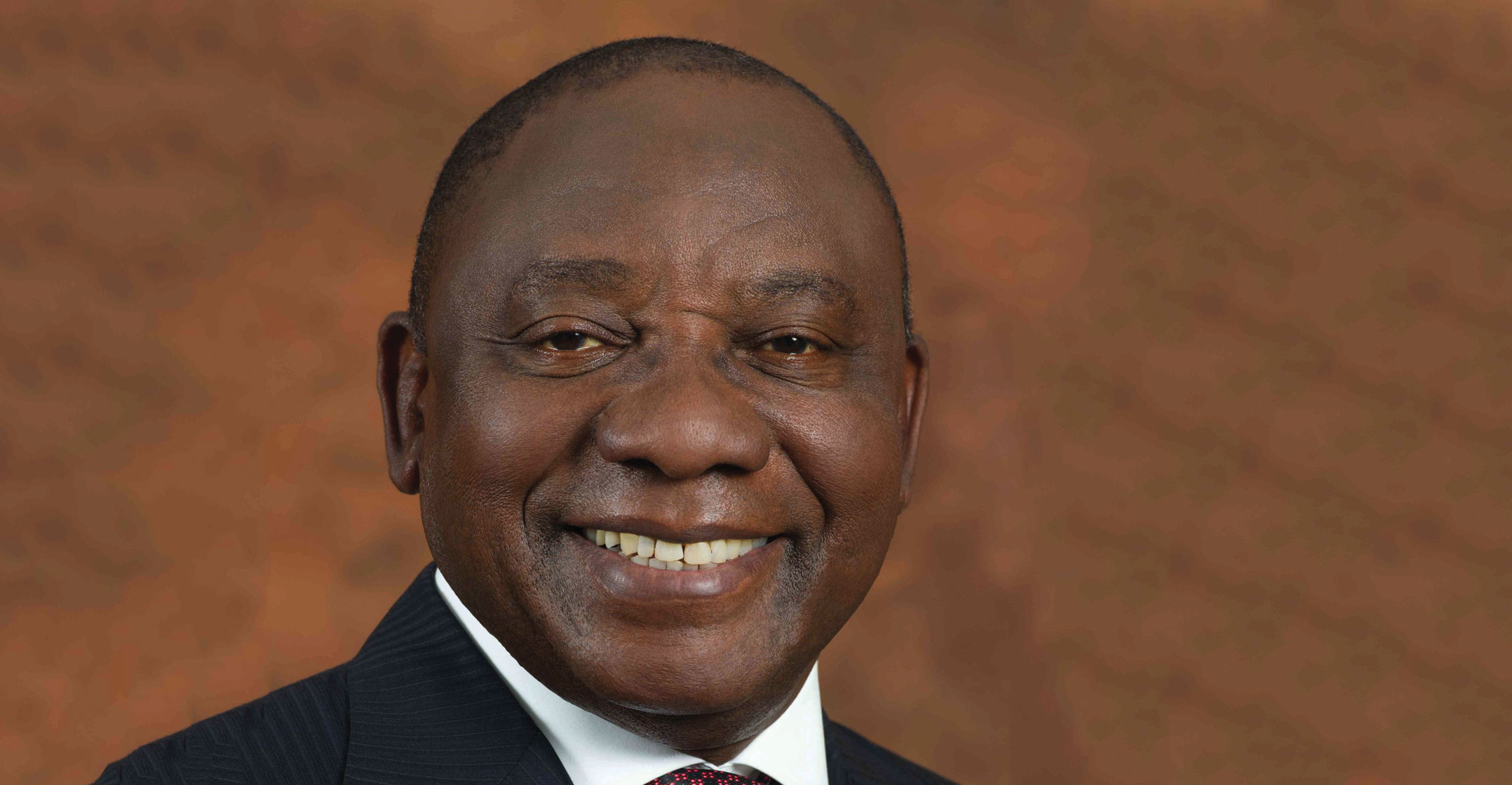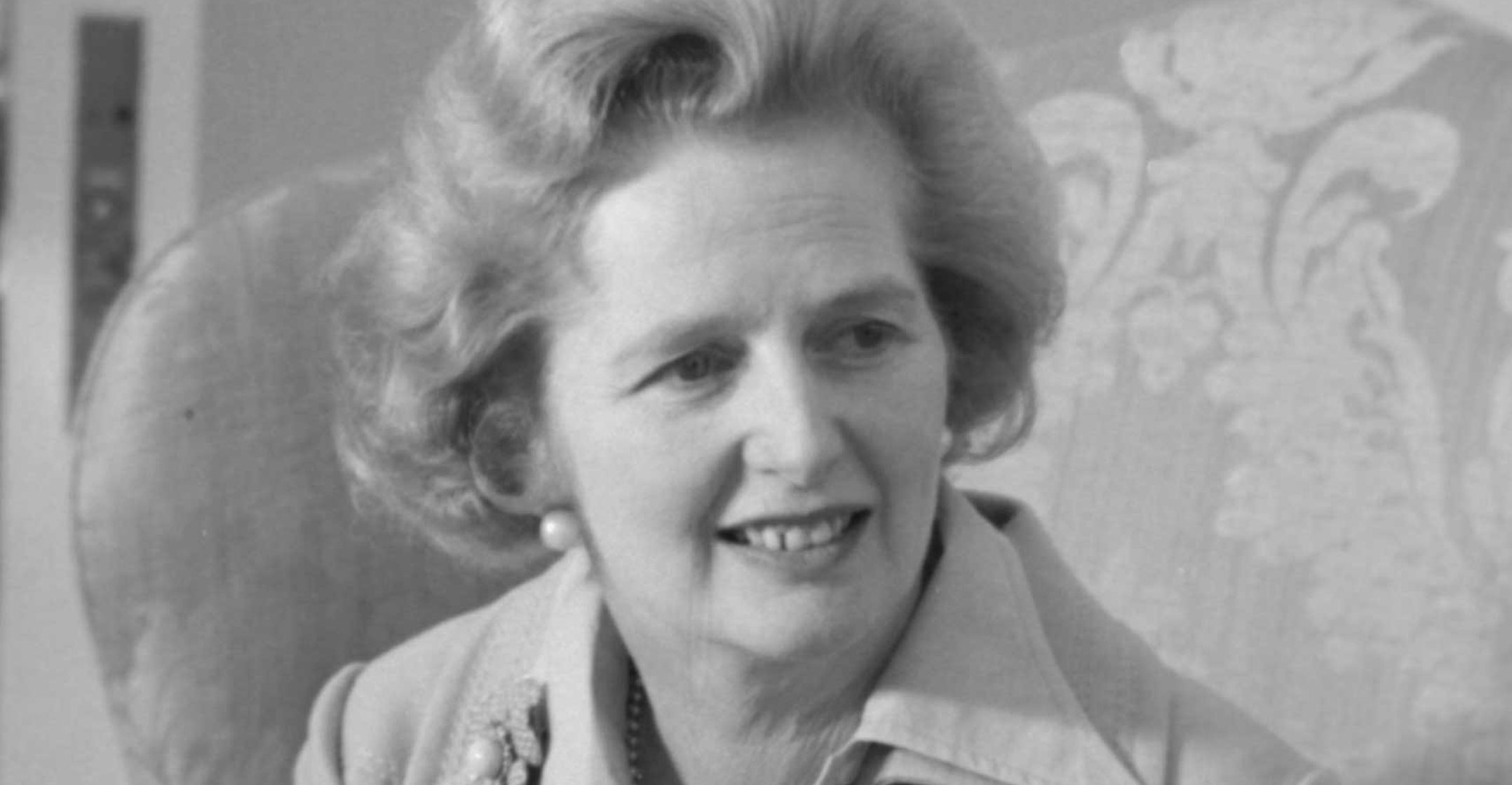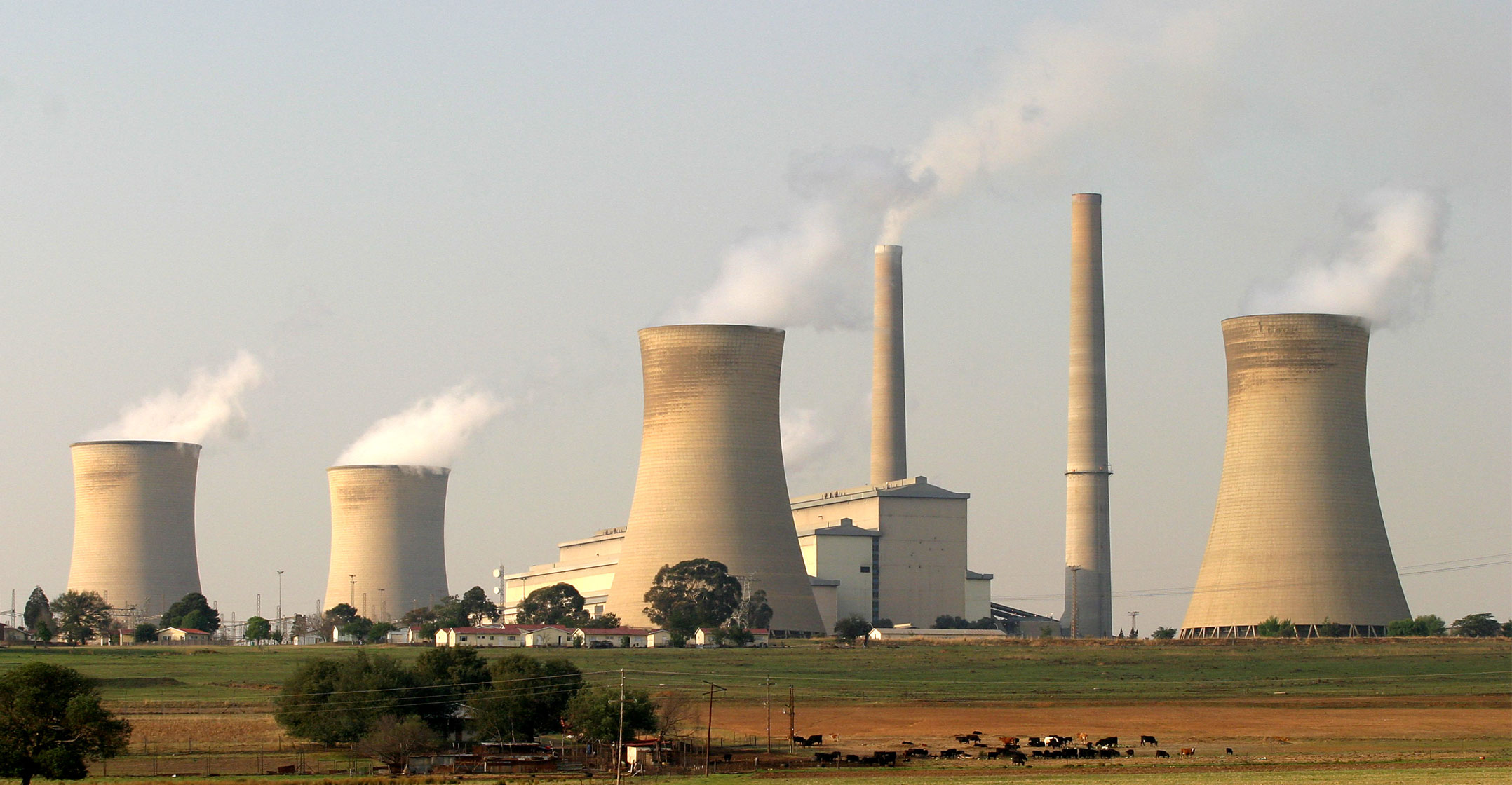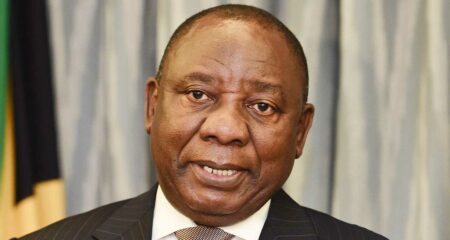
In 1987, an anti-apartheid firebrand named Cyril Ramaphosa led South Africa’s biggest-ever mining strike. Some 300 000 miners — from a union Ramaphosa himself had founded — walked off the job, protesting pay and working conditions.
The mining company “used fascist methods to destroy workers’ lives”, Ramaphosa declared. Over the three-week strike, nine people were killed, 500 were injured and more than 50 000 were fired. Still, it demonstrated the power that organised black labour could exercise and the economic damage it could inflict on South Africa.
Three decades later, Ramaphosa, now the reformist president of his country, is seeing the issue from the other side. One of the chief obstacles to his agenda is South Africa’s powerful unions, which are deeply embedded in the government and economy. To reignite growth in a stagnating economy and lower one of the world’s highest unemployment rates, he may need to take on the movement he helped create.
Some analysts call it his “Thatcher moment”, a reference to the then-British prime minister’s defeat of the country’s powerful labour unions, which set the UK economy on a decades-long growth path.
“He wants to move the power to the middle, he wants to reduce the power of unions in a party that is in an alliance with the unions,” said Nic Cheeseman, a professor of democracy and international development at the University of Birmingham in northern England. “Thatcher didn’t care about losing the support of the unions because she never had it.” In that sense, Ramaphosa’s task might be more akin to that of Labour Prime Minister Tony Blair, he said.
The state power utility has 66% too many employees, according to the World Bank, while the 1.2 million-strong public service absorbs 35% of the budget and the teachers’ union exacerbates a dysfunctional primary education system that the World Economic Forum ranks 116th out of 137. Labour reform is key to the success of Ramaphosa’s plan to lure US$100-billion in investment over five years.
Intertwined
At the heart of the president’s problem is the intertwined nature of the ruling party and the union movement, which fought side-by-side to end apartheid. Since Nelson Mandela’s ANC won the country’s first all-race elections in 1994, it has governed in an alliance with the South African Communist Party and the Congress of South African Trade Unions (Cosatu), the country’s biggest labour group.
While the ANC has long advocated an economy mostly guided by orthodox economic policies, its union allies remain steeped in the Marxist-Leninist dogma that informed many of the protest organisations. The result: a constitution that gives workers some of the strongest rights in the world. That helped raise union members out of poverty, but labour laws also make it difficult to dismiss staff and boost worker costs above those of other emerging markets.
“Labour effectively has a veto on economic policy in South Africa,” said Claude Baissac, who leads Eunomix, a South African country-risk consulting firm. “The government always loses, condemning a vast swath of the population to exclusion, unemployment and poverty.”

While Ramaphosa has been criticised for taking too slow an approach to reform, he has fired and replaced the boards of state companies including the power utility, Eskom, and boosted the power of the prosecutorial services to tackle graft. The slowness is due to his meticulous style and his training as a lawyer, said Richard Calland, a founding partner of The Paternoster Group, which advises on political risk.
The president’s task is complicated by the fact that he must fight an election on 8 May. He’s likely to save major policy battles until after that, especially given that he inherited the presidency last year after the resignation of Jacob Zuma. Winning an electoral mandate will strengthen his hand and that of the ANC, allies say.
But a poor showing, even in victory, would weaken Ramaphosa’s standing in the party and his ability to make unpopular decisions. The ANC slumped to its worst-ever performance in 2016 municipal elections, securing 54%. Ramaphosa himself won control of the ruling party in December 2017 by the narrowest of margins as Zuma backed his ex-wife, veteran politician Nkosazana Dlamini-Zuma, for the post.
In his state of the nation address on 7 February, Ramaphosa spoke only of the need for a “pragmatic and cooperative relationship” between the government, unions and the private sector. He also announced a restructuring of Eskom and an early retirement programme for state workers.
Backlash
The backlash was swift: Cosatu staged nationwide protests over potential job losses on 13 February. The biggest union at Eskom later said it would shut down the utility for a week right before the elections to protest the plan.
“Come any form of retrenchment we must make it hell, we must make it expensive or the capitalists will use it” to boost profits, said Phillip Vilakazi, deputy president of the National Union of Mineworkers, the union Ramaphosa founded. “This is an ideological war. As workers, we are saying socialism is the future. We must build it now.”
The government has folded to union pressure at times since Ramaphosa took power. When Eskom’s board last year said pay wouldn’t be increased because of the company’s financial problems, which include R419-billion in debt, workers protested and some sabotaged power plants leading to electricity outages. Public enterprises minister Pravin Gordhan intervened and Eskom agreed to boost pay by an inflation-busting 7% — and even more for the next two years.

Ramaphosa also faces a divided and competitive labour movement. In 2014, the National Union of Metalworkers of South Africa, an industrial union, took its 340 000 members out of Cosatu. Meanwhile, the Association of Mineworkers and Construction Union has rapidly risen to challenge the NUM.
Bheki Ntshalintshali, the general secretary of Cosatu, said he believes Ramaphosa “has a background and better understanding of the problems a trade union faces”, but the president’s post-union career is problematic for him in his relations with labour unions.
Ramaphosa’s business career has included a coal-mining venture with Glencore, running the South African franchise of McDonald’s and the chairmanship of some of the country’s biggest companies. As president, he has distanced himself from his business activities, selling some and ceding management of others, but he still has a fortune of several hundred million dollars, according to Forbes.
A violent incident in 2012 also hurt Ramaphosa’s labour credentials. He was accused by unionists of instigating the massacre of 34 mineworkers by police at a Marikana mine, which his company co-owned with Lonmin. He has denied the allegations.
Something must happen
Enoch Godongwana, the ANC’s head of economic transformation, says Ramaphosa and other ex-unionists in his government, such as mines minister Gwede Mantashe, “understand the terrain; they also know the individuals within the labour movement”.
But something will have to be done. Eskom is struggling to keep the lights on, the country’s sole remaining investment-grade credit rating is at risk, unemployment hovers at 27% and growth in 2018 was a paltry 0.8%.
“The unions and Ramaphosa are on a collision course,” said Andrew Levy, managing partner of Andrew Levy Employment, which advises companies on labour relations and monitors industrial action. “We have an immovable object and an unstoppable force.” — Reported by Antony Sguazzin, (c) 2019 Bloomberg LP




